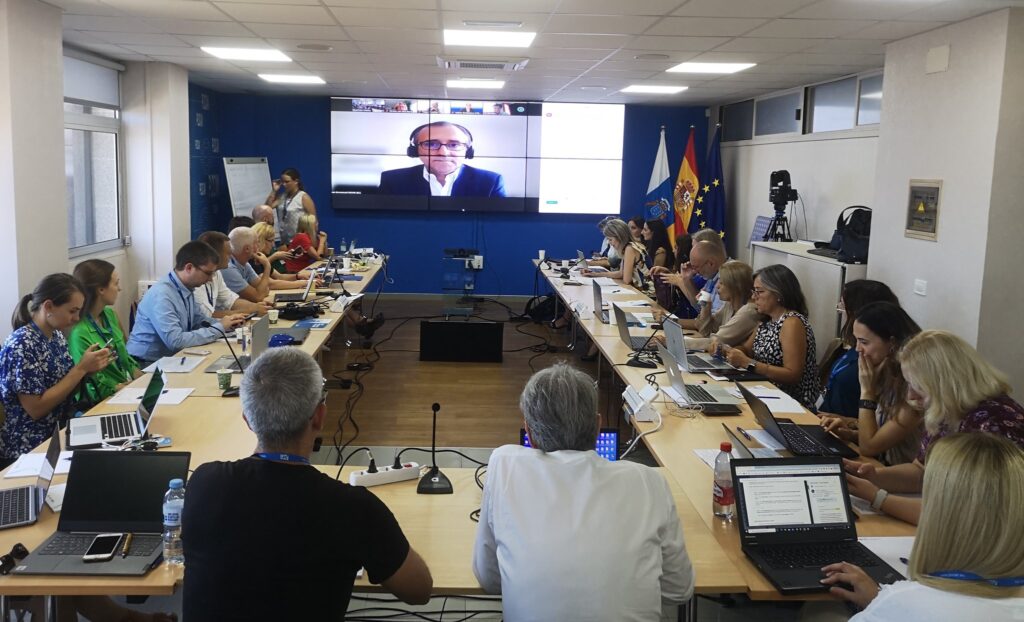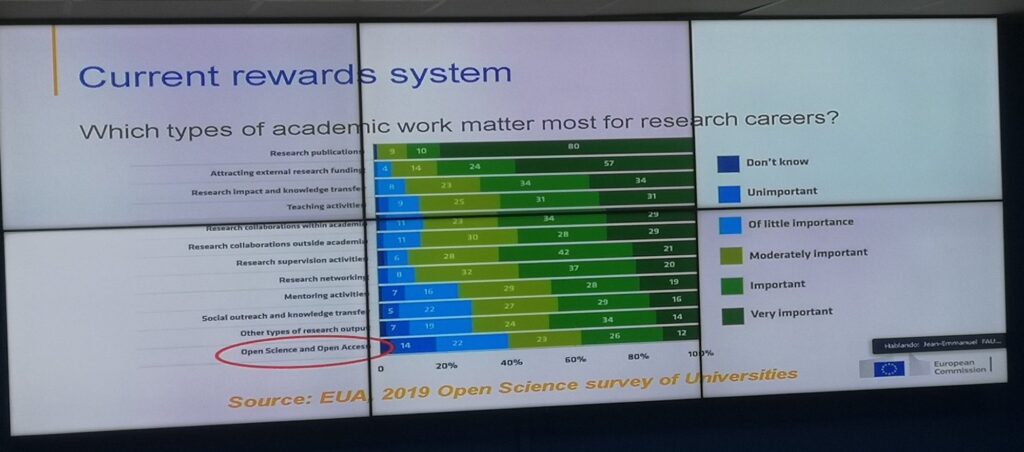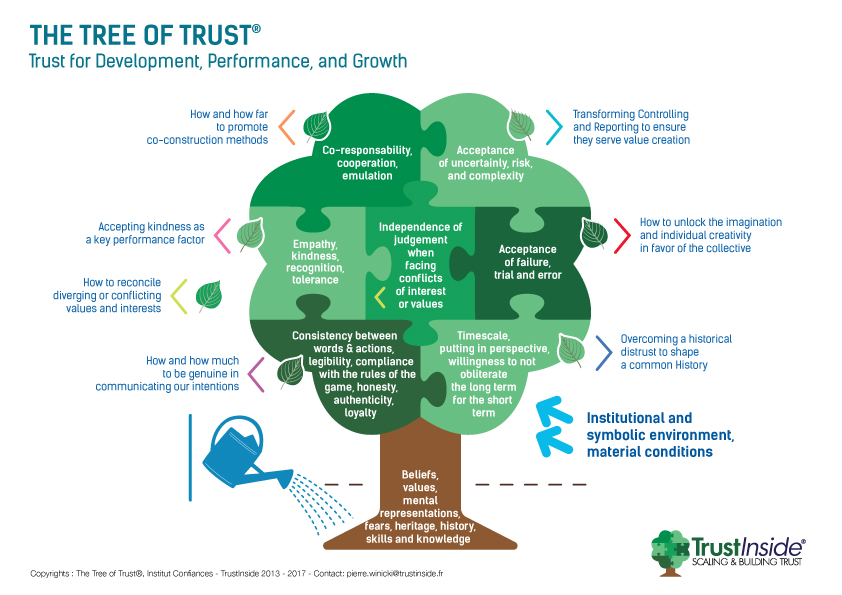
The OPUS kick-off conference announced new activities in Open Science field
The OPUS kick-off conference announced new activities in Open Science field https://opusproject.eu/wp-content/uploads/2022/09/KoM-1024x622.jpg 1024 622 Open and Universal Science (OPUS) Project Open and Universal Science (OPUS) Project https://opusproject.eu/wp-content/uploads/2022/09/KoM-1024x622.jpg18 partners of the OPUS Project presented their plans
The Open and Universal Science (OPUS) Project Kick Off Conference, coordinated and hosted by PLOCAN, took place on September 19–20, 2022 at PLOCAN premises in Telde, Gran Canaria, Spain.
It is the first conference gathering all OPUS Project Consortium partners in one place since the project started on September 1. In the following period of 36 months, OPUS will conduct a specific focus on reforming the research(er) assessment system to incentivise and reward researchers to take up Open Science practices: providing open access to research outputs, early and open sharing of research, participation in open peer-review, measures to ensure reproducibility of results, and involving citizens, civil society, and end-users in the co-creation of research and innovation agendas and content.
OPUS Project Coordinator Gordon Dalton – PLOCAN, and Project Manager, Jessica Huntingford – RESOLVO srl opened the Kickoff Conference.
“OPUS is more than a theory project, it is very practical and we are proud to have research organisations: 3 research performing organisations (RPOs) and 2 research funding organisations (RFOs), where we will set up and monitor interventions to implement a reformed Open Science system“, Dr. Dalton said.
Jean-Emmanuel Faure, DG RTD, Policy Officer for Open Science at EU Commission joined the conference online and presented his expectations on the project from the European Research Executive Agency (REA) perspective, a funding body mandated by the European Commission to support the EU Research and Innovation Policy. He also presented a survey on which type of academic work matter most for research careers.

Rinske Van-Den-Berg, OPUS Project Officer in REA also joined online the OPUS kick-off conference, explaining the expectations from her perspective and providing inputs on how to successfully implement the project.
‘OPUS team managed to convince Horizon Europe and three main assessment partners that 18 partners consortium is more than capable of implementing research assessment in the Open Science project, said Van-Den-Berg. This also means that OPUS needs to meet these expectations.
On day 2 at the OPUS Kick-off conference, representatives of partner organisations presented the plan of all the work packages. RESOLVO Srl, Yerun, CRAC-Vitae, MCAA, Eurodoc, UNESCO and TrustInside representatives presented their plan to conduct state-of-the-art on existing literature and initiatives for Open Science.
Shortly after, John Crowley from TrustInside presented how we can contribute to a higher level of social trust in doing open science? What do institutions need to do to create trustworthy organisations? While explaining the importance of creating specific frameworks, protocols, and procedures, John Crowly – TrustInside presented the Tree of Trust.

CRAC Vitae (Emma Day and Claire Viney) and Technopolis (Gareth O’Neil) representatives presented Work Packages 2 and 3: Interventions for Open Science and Indicators and Metrics for Open Science (Reward and Incentives for Researchers). In the future OPUS will develop interventions to be tested by pilot RPOs and RFOs in activity 4 (WP4): In particular, in WP4, OPUS will test interventions and indicators and metrics for Open Science via 3 pilot RPOs (Nova University Lisbon, University of Rijeka, and University of Cyprus) and 2 pilot RFOs from Lithuania and Romania (RCL and UEFISCDI). These pilot organisations will learn from each other and draw experience from external experts in mutual learning exercises. The results of the pilots will be translated into policy briefs and thematic workshops that will help to raise awareness, build trust, and drive the uptake of Open Science in the community.
UNESCO representative Juliana Chaves Chaparro presented that OPUS will develop and disseminate policy briefs on Open Science and a revised OS-CAM to assess research careers. The policy briefs will summarise the key findings of the project (initial and final) and link to the wider global context of Open Science in terms of (1) research(er) assessment, (2) incentives and rewards, (3) precarity of research careers, (4) gender equality, (5) industry practices (implemented by (UNESCO, ABIS, EURODOC, MCAA, PLOCAN, RESOLVO SRL, TGB, TrustInside, Vitae, VU, YERUN). The revised OS-CAM will provide a concrete career assessment framework to evaluate researchers at RPOs and RFOs (implemented by UNESCO, ABIS, EURODOC, MCAA, RESOLVO SRL, TGB, Vitae, VU, YERUN).
“A system that incentivises researchers to practice Open Science must show researchers why sharing their scientific work is important!”, said Dragana Mitrovic, from ICoRSA. To motivate researchers, ICoRSA, the leader on Work Package 7 will particularly take this in mind while working on Dissemination & Communications plan with strategic and targeted measures for promoting Open Science.
OPUS Project Coordinator – PLOCAN will ensure the management, coordination, and communication of the project, which specifically means developing all plans and reports for project coordination and data management, and ensuring that all partners collectively contribute to a successful implementation of the project.
A very motivated project team ended up the Kick Off Conference with concrete plans and ideas on how to make an impact on all relevant Open Science stakeholders.
- Posted In:
- OPUS News

